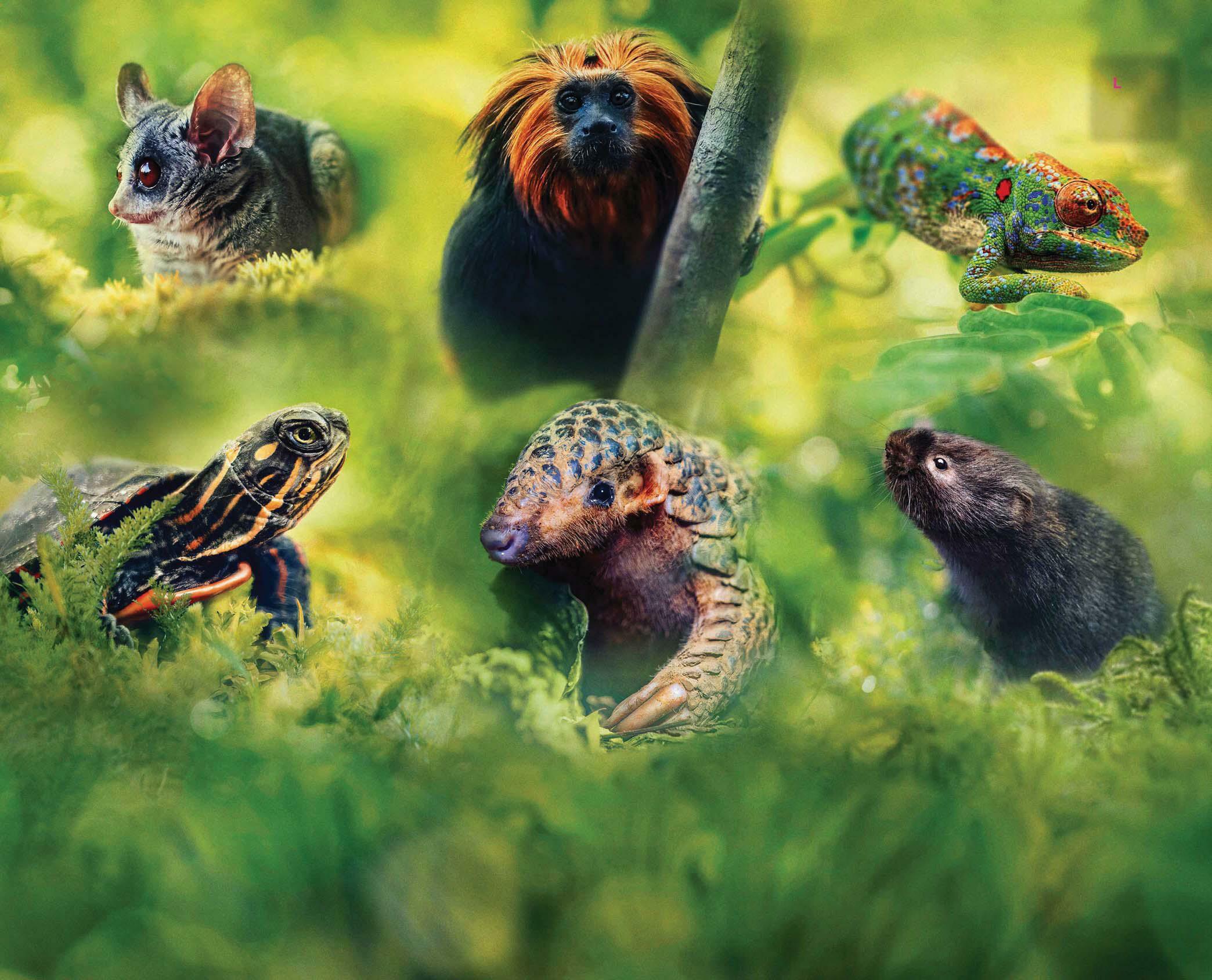
BIG LITTLE Journeys is a new three-part BBC Two series that follows six tiny animals as they undertake epic, make-or-break treks through the wild to find mates, food or new territories. Here, we take a closer look at the small-scale star species of the show, from the golden-headed lion tamarin that risks life and limb to relocate to new feeding grounds in Brazil's Atlantic Forest, to the brave water vole that swims across a deep Scottish loch in search of a home and a mate. We also profile some other mini marvels of the animal world that undertake voyages of great distance and peril: the European eel, ancient murrelet and Atlantic salmon.
To follow the species featured in the series, the BBC team worked closely with scientists and conservationists around the globe. The animals were filmed using a mixture of technologies, including 360° camera rigs, low-light camera traps, and probe and borescope lenses, which give a small-animal view of the world. "I like to think of the series as Honey, I Shrunk the Audience, because we experience what it's like to be an animal as small as a walnut travelling through a world of giants," says series producer Paul Williams. "We felt that it was time to shine the light on nature's unsung heroes - because when you're a teeny turtle or a pint-sized tamarin, the world is full of unexpected danger, adventure and opportunity."
Painted turtle
Canada, USA and Mexico
The long and dangerous road to home
This story is from the December 2023 edition of BBC Wildlife.
Start your 7-day Magzter GOLD free trial to access thousands of curated premium stories, and 8,500+ magazines and newspapers.
Already a subscriber ? Sign In
This story is from the December 2023 edition of BBC Wildlife.
Start your 7-day Magzter GOLD free trial to access thousands of curated premium stories, and 8,500+ magazines and newspapers.
Already a subscriber? Sign In
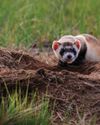
Does cloning create identical copies?
EMBRYOS ARE MADE OF STEM CELLS that divide to give rise to different types of cells, everything from skin to brain cells. Scientists once thought that reproductive cloning creating a genetically identical copy of an individual organism - would be impossible without using stem cells and that the path leading to mature 'differentiated' cells was irreversible. But clawed frogs proved them wrong...
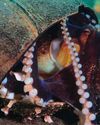
Tool-using animals
Our pick of 10 species that exhibit this special skill

Mission Blue
Sylvia Earle has dedicated her life to marine conservation; she tells BBC Wildlife why protecting the ocean is essential to all life on earth

RESHARK
The world's first shark rewilding initiative has seen zebra sharks released in the waters of Indonesia's Raja Ampat archipelago
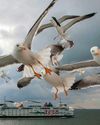
ON DECK
Ferries aren't just for transport, they're also perfect vessels for conservation
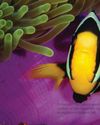
IT'S A COLOURFUL LIFE
Delve into the unique and complex biology of the clownfish, arguably the world's most famous fish
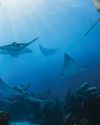
BAHAMAS BENEATH
A dive into the waters of this famous island nation with the creatures that call it home

"To save the reef, we need everybody involved"
Indigenous peoples may hold the key to protecting the Great Barrier Reef
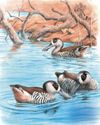
SPINNING AROUND
Going around in circles proves fruitful for this filter-feeder
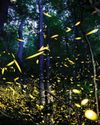
BLINDED BY THE LIGHT
On balmy evenings, amorous beetles put on a spellbinding show in North American forests